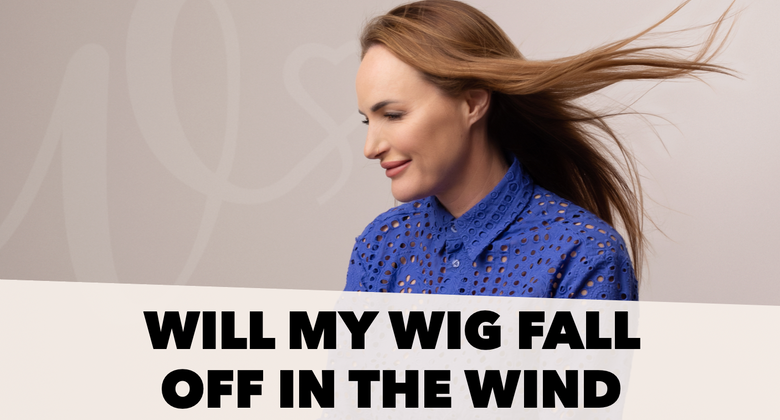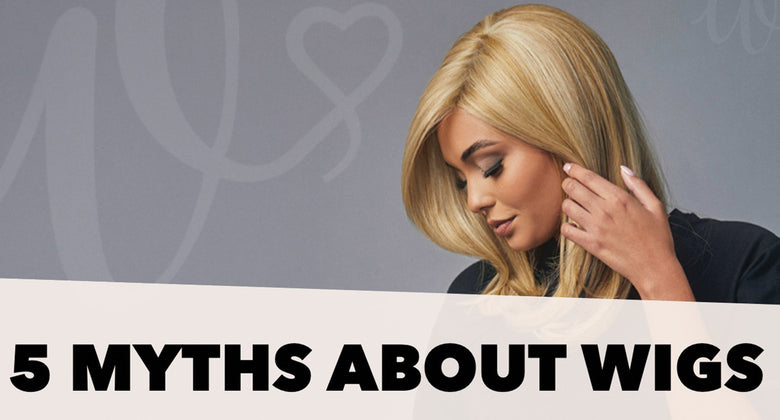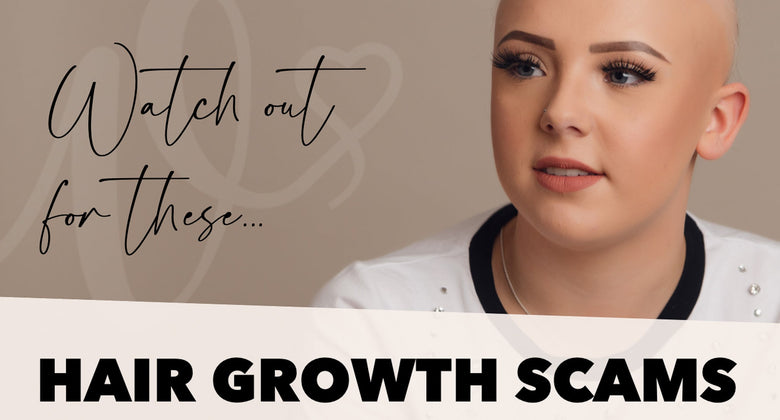Experiencing Alopecia. What is it and how does it really feel?

Alopecia is a medical condition that can be challenging for individuals to deal with, especially if they experience it for the first time as an adult. Alopecia is an autoimmune disorder that causes hair loss on the scalp and other parts of the body. There are
6 recognised types of alopecia. None of them are life-threatening conditions but they all affect one's self-esteem, confidence, and overall well-being in different ways.
For individuals who experience alopecia for the first time as an adult, it can be a difficult journey. There are many emotions that come with hair loss, such as sadness, anger, frustration, and anxiety. It's an emotional rollercoaster for some.
Accepting one's changing appearance and finding effective treatment options can be a struggle. In terms of treatment there are corticosteroids which powerful anti-inflammatory drugs that can suppress the immune system.
It can be challenging to come to terms with the fact that one's appearance is changing, and that hair loss is something that may not be easy to reverse.
People who experience alopecia often struggle to find the right treatment options that work for them. They may try different medications, such as corticosteroids or topical immunotherapy, to stimulate hair regrowth. Some people may also choose to wear wigs or hairpieces to cover up their hair loss.
Support groups can be a helpful resource for individuals who are experiencing alopecia for the first time. Support groups can provide a safe and supportive environment for people to share their experiences, feelings, and tips for coping with hair loss. Support groups can also offer practical advice, such as how to care for wigs or how to manage anxiety and stress.
In addition to support groups, it is important for individuals who experience alopecia for the first time as an adult to seek professional help if they are struggling with their mental health. Hair loss can be a traumatic experience, and it can trigger feelings of depression or anxiety. Seeking professional help can help individuals cope with these feelings and develop effective coping strategies.
Experiencing alopecia for the first time as an adult can be a challenging journey. It can be emotional, frustrating, and difficult to cope with. However, with the right support, treatment, and mindset, individuals can navigate this journey and emerge stronger and more confident in themselves.



